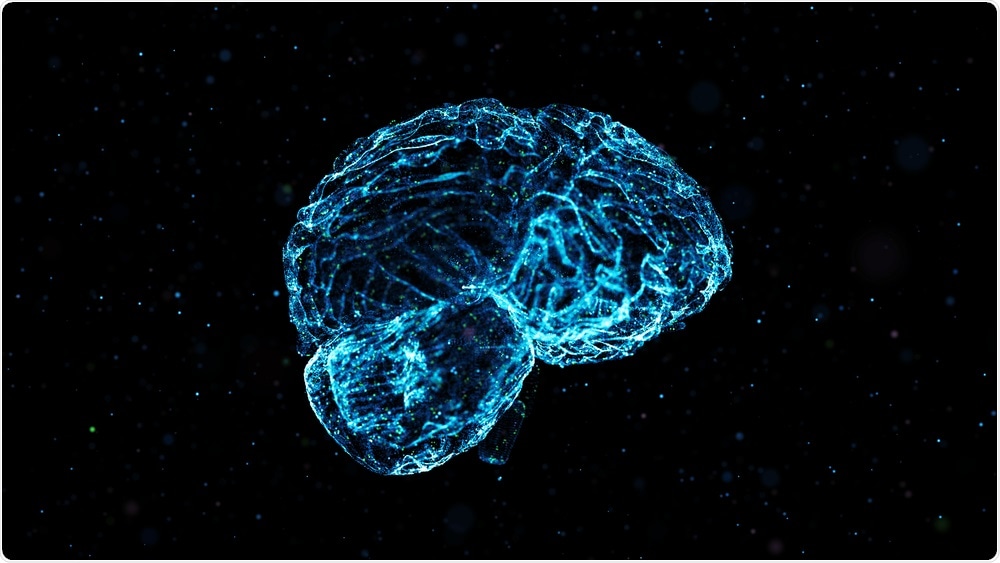
Alcohol changes the molecular basis of memory formation
Research conducted at Brown University describes how alcohol hijacks a conserved memory pathway in the brain and changes how memories are formed at the fundamental, molecular level. It is these changes that elicit the cravings that fuel alcohol addiction.
 Image Credit: arleksey / Shutterstock
Image Credit: arleksey / ShutterstockMore than 15 million people in the United States struggle with an alcohol use disorder.
Alcohol addiction can affect anyone, and factors that may predispose someone to develop the disease have yet to be identified.
Psychological, genetic, and behavioral factors all appear to contribute to the development of alcohol addiction.
Alcohol addiction leads to a range of health complications, which can be fatal, including heart disease and liver disease.
In addition, it can also lead to dangerous actions being made when driving, which can lead to the death of others.
Treating alcohol addiction can be complex and challenging and the recovery process is a lifetime commitment.
One of the greatest challenges is the risk of relapse, which can occur even after many years of good progress towards recovery.
The molecular signals involved in the formation of reward and avoidance memories are the same for fruit flies as they are for humans.
Since the fruit fly has significantly fewer neurons than humans (100,000 versus more than 100 billion) and genetic tools have been developed for manipulation of their activity at both the circuit and molecular level, it provides a good model for study.
A recent study involved the use of fruit flies to investigate the effects of alcohol on memory formation.
Their research, which used genetic tools to selectively turn off key genes while training the flies where to find alcohol, showed that the protein 'Notch' was needed to elicit the flies' preference for alcohol.
Notch sets in motion a cascade of events that ultimately leads to expression of receptors that recognizes dopamine, the "feel-good" neurotransmitter.
By hijacking this conserved memory pathway responsible for encoding whether or not a memory is pleasing, alcohol forms cravings.
Interestingly, alcohol did not increase the expression of the dopamine receptor protein, instead, it altered the protein sequence by a single amino acid.
Kaun commented, "We don't know what the biological consequences of that small change are, but one of the important findings from this study is that scientists need to look not only at which genes are being turned on and off, but which forms of each gene are getting turned on and off".
It is likely that similar mechanisms are involved in other forms of addiction. The team are now investigating the effects of opiates on the same conserved molecular pathways.

































No hay comentarios:
Publicar un comentario